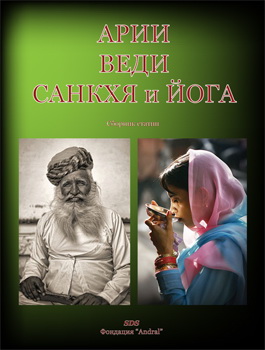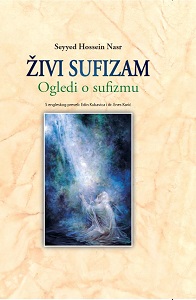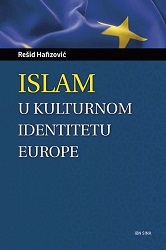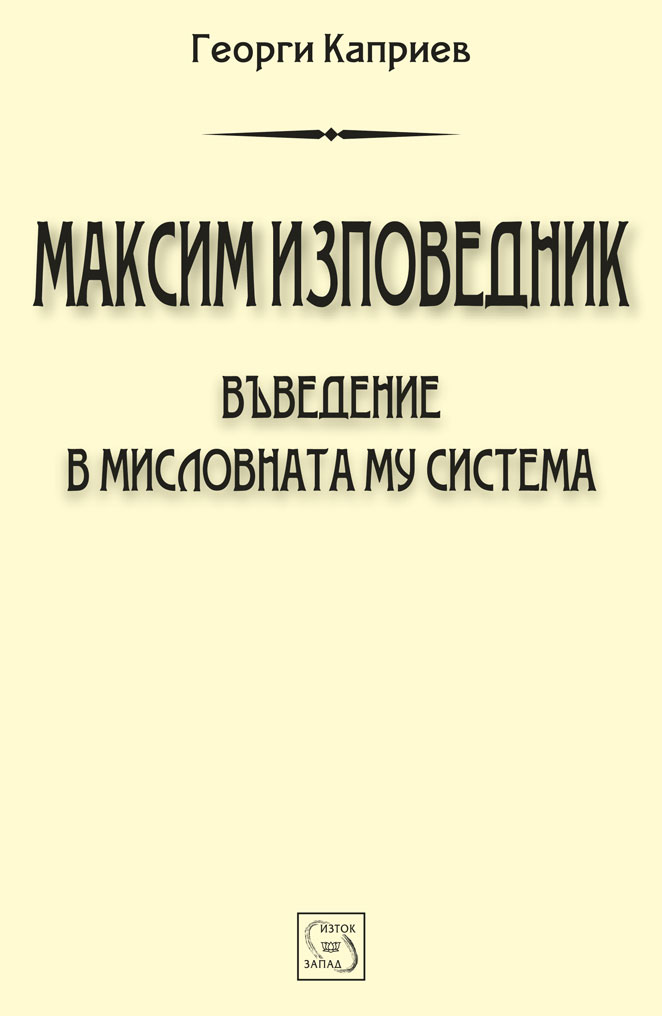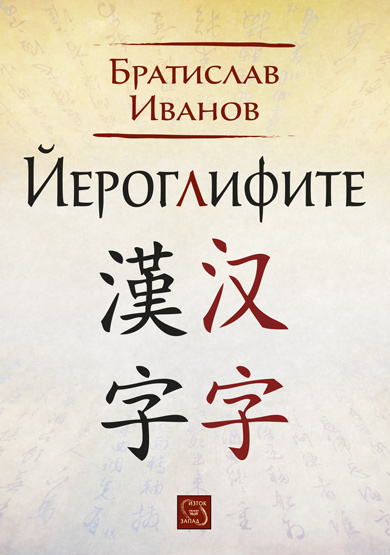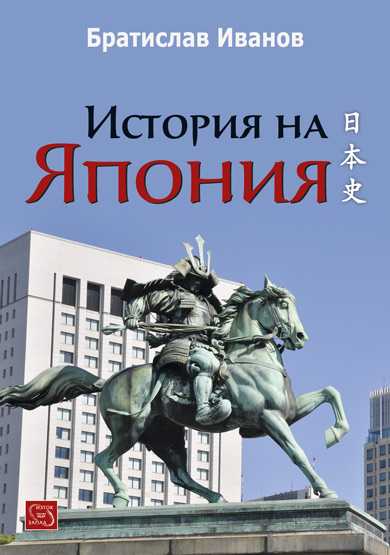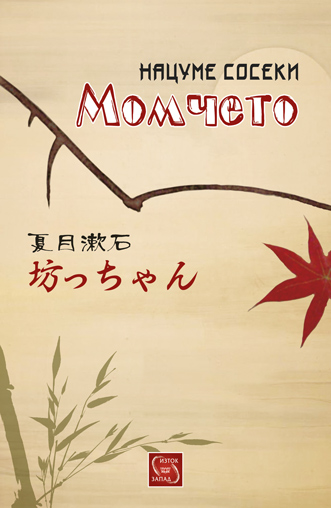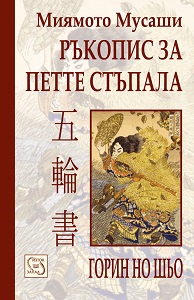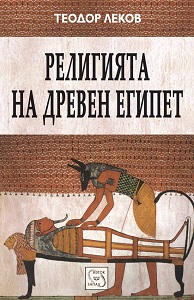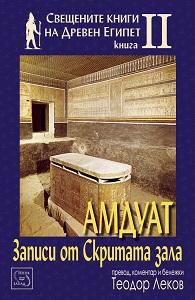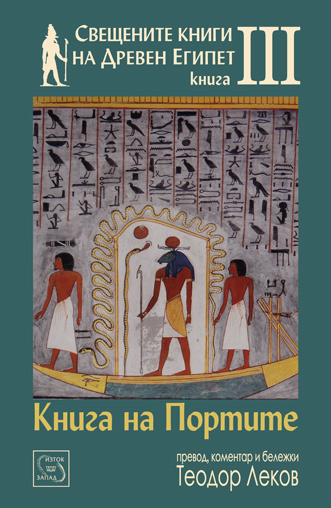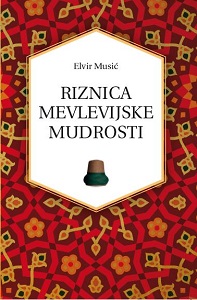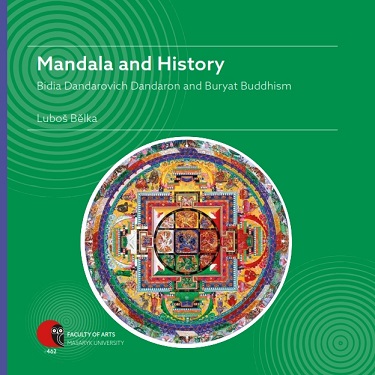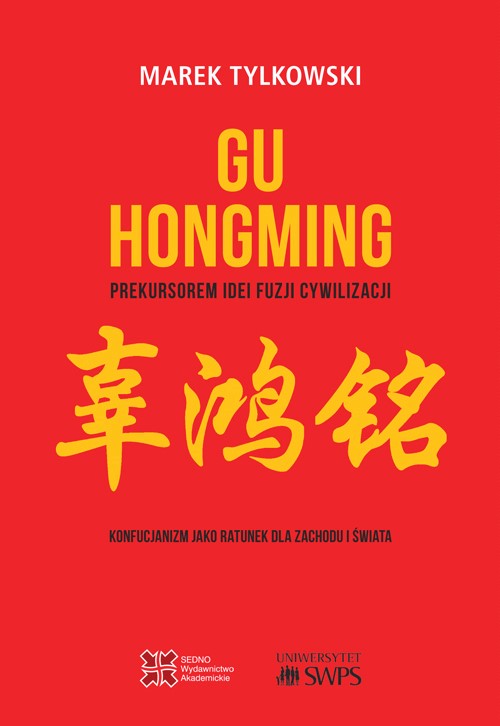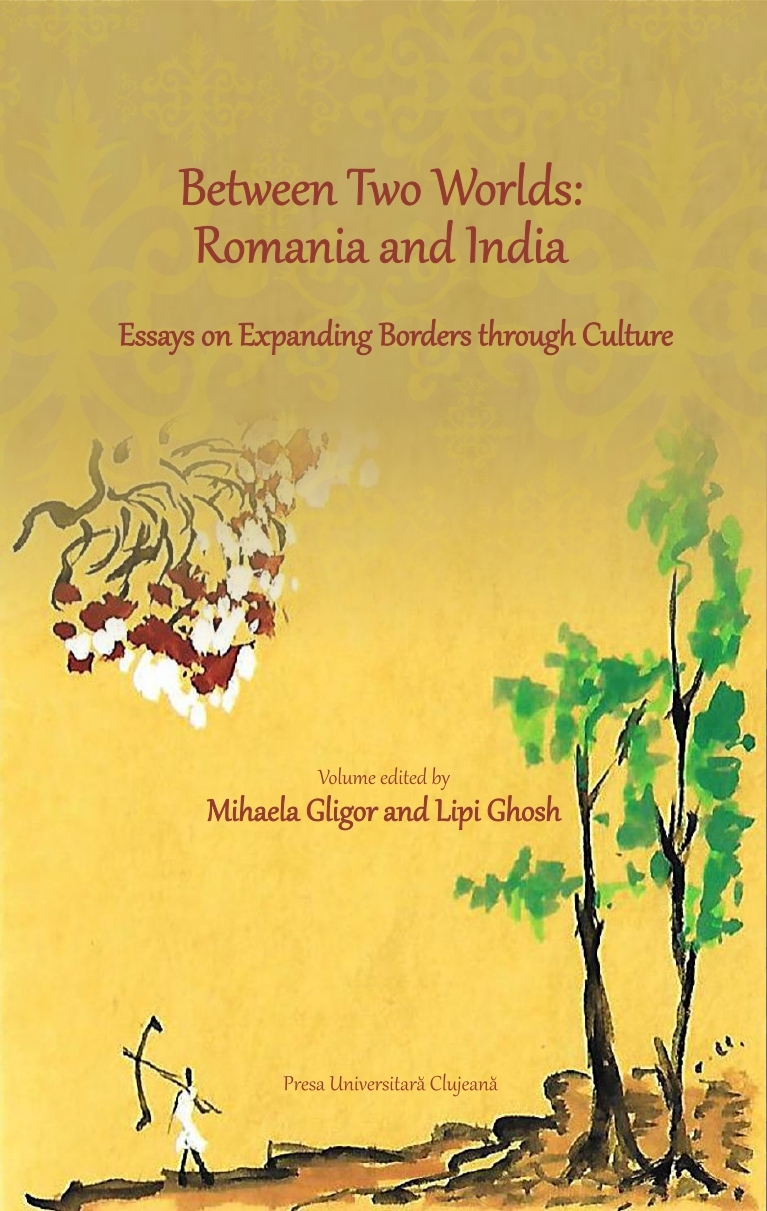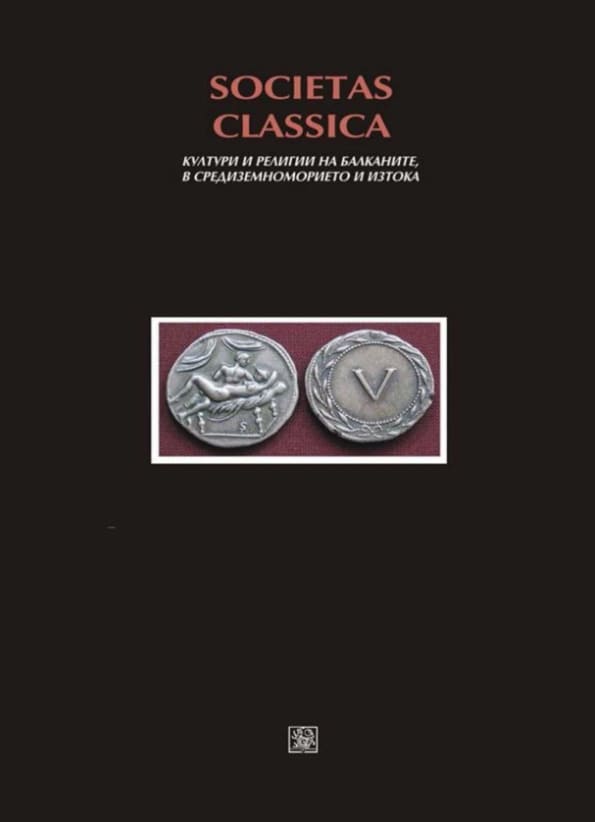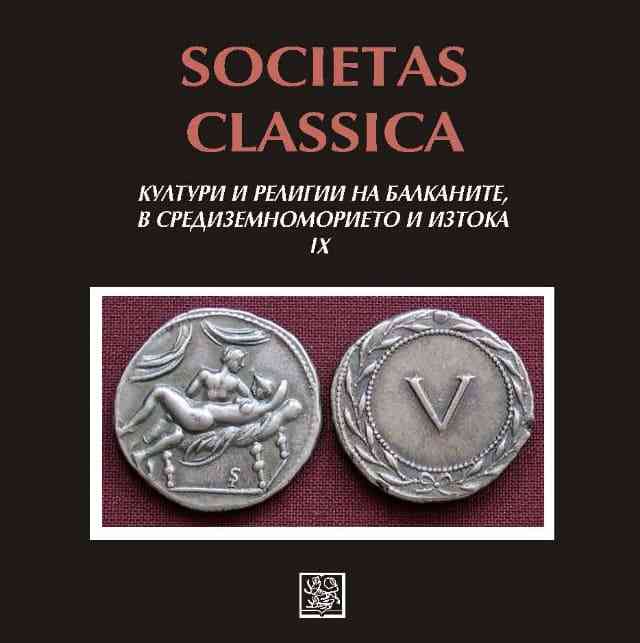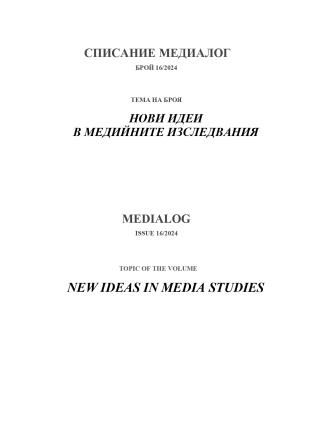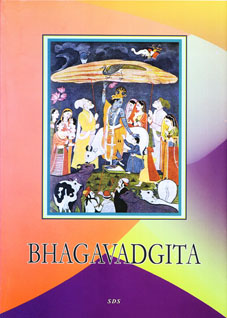
BHAGAVADGITA
Translation to Romany language of the ancient Indian epic "Bhagavad Gita". / "We translated the ancient Indian epic Bhagavadgita for the first time in the world in the Roma language some ten years ago. The first variant of the text was published in the Andral magazine Nos 10, 19-20, 21, 22-23, 24, 25-26, 27-28 and 29-30 from 2000 till 2003. A decade after the first translation came to light, the translation comes out in a separate revised version. Many times I have pointed out that for me the Andral translations are no more than preliminary attempts; it was far more important for us to participate in a ‘game’ aiming at a goal that was next to impossible in the past and dare tackle the linguistic problems that occurred. The different texts are merely challenges for different solutions. No venture, no win." / "U puranuindueku eposi “Bhagavadgita” irizyam rromani chshibati agu drom desh bresh anglal. Agu variantus hramusaribnasti mukyam andu zhuralusti “Andral” andw ila 10, 19-20, 21, 22-23, 24, 25-26, 27-28 ti 29-30 mashkaral 2000 ti 2003 breshwndi. Desh bresha palal kanatu mukyam u agu kotor, u sastu irizipi akana inkila korrkorimnangu pandakerdu ti lachshwskerdu inkalzipnasti. Aver drom da vakerimas, ta Andraliskw irizipya mangi sini butserni, amingi astsyal mangseyla pis u “khelwybi” ti ovil bizaprimi buti manushwndar, ti shiyzis ti kerws chshipas, kontu her manush anglisarni vakwtsindar phennasli, ta si … bishiyzimnu, hwzlws ti astarws tut ti alakhis u tertipya sar ti irizis u tekstuya, sar ti irizis u inkistu angla tw ekhindi swy nanwy chshibakw problemuya. U ekha-avera hramusaribya sade mangina ti benin andw tuti u indriya ti rodis ekha-avera tertipya ti kerws butsi twrri en lachshws. Bi ti kerws kiya butsi, si nanwyshiyzimis ti alakhis sotu ti ovil."
More...
